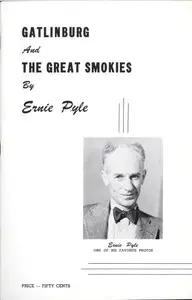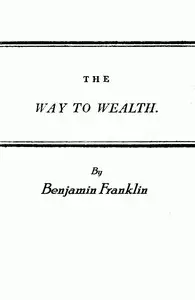"Gatlinburg and the Great Smokies" by Ernie Pyle is a collection of travel essays written in the early 1940s, reflecting the author's observations during his visit to Gatlinburg, Tennessee, and the surrounding Great Smoky Mountains National Park. Pyle, known for his heartfelt and insightful journalism, captures the charm of the mountain town and its unique inhabitants, painting a vivid portrait of life in this picturesque setting while celebrating the beauty of nature. In the narrative, Pyle recounts his experiences exploring Gatlinburg and hiking to Mt. LeConte, where he meets local figures like Jack Huff and Uncle Steve Whaley, who embody the spirit of the mountain community. His writing highlights the historical context of the region, detailing the transformation of Gatlinburg from a small hamlet into a burgeoning tourist destination. Through a blend of humor and admiration, Pyle captures the ruggedness and resilience of the mountain people, their culture, and stories, while also discussing the challenges posed by increasing tourism and conservation efforts in the national park. Overall, the book serves as a tribute to the region’s natural beauty and its vibrant, historic community. (This is an automatically generated summary.)

Gatlinburg and the Great Smokies
By Ernie Pyle
"Gatlinburg and the Great Smokies" by Ernie Pyle is a collection of travel essays written in the early 1940s, reflecting the author's observations dur...
Ernest Taylor Pyle was an American journalist and war correspondent who is best known for his stories about ordinary American soldiers during World War II. Pyle is also notable for the columns he wrote as a roving human-interest reporter from 1935 through 1941 for the Scripps-Howard newspaper syndicate that earned him wide acclaim for his simple accounts of ordinary people across North America. When the United States entered World War II, he lent the same distinctive, folksy style of his human-interest stories to his wartime reports from the European theater (1942–44) and Pacific theater (1945). Pyle won the Pulitzer Prize in 1944 for his newspaper accounts of "dogface" infantry soldiers from a first-person perspective. He was killed by enemy fire on Iejima during the Battle of Okinawa.













